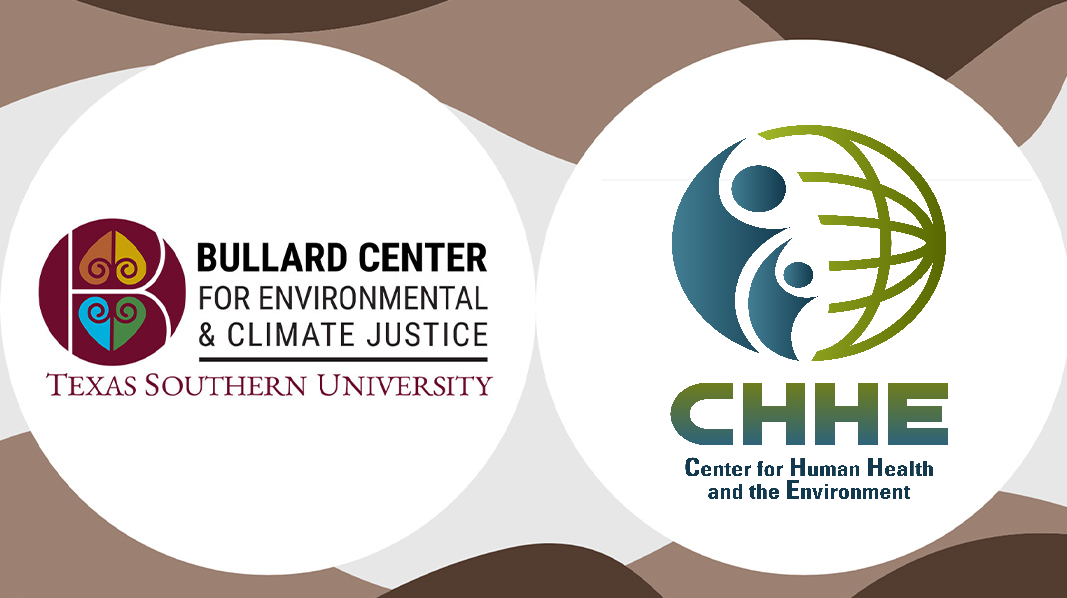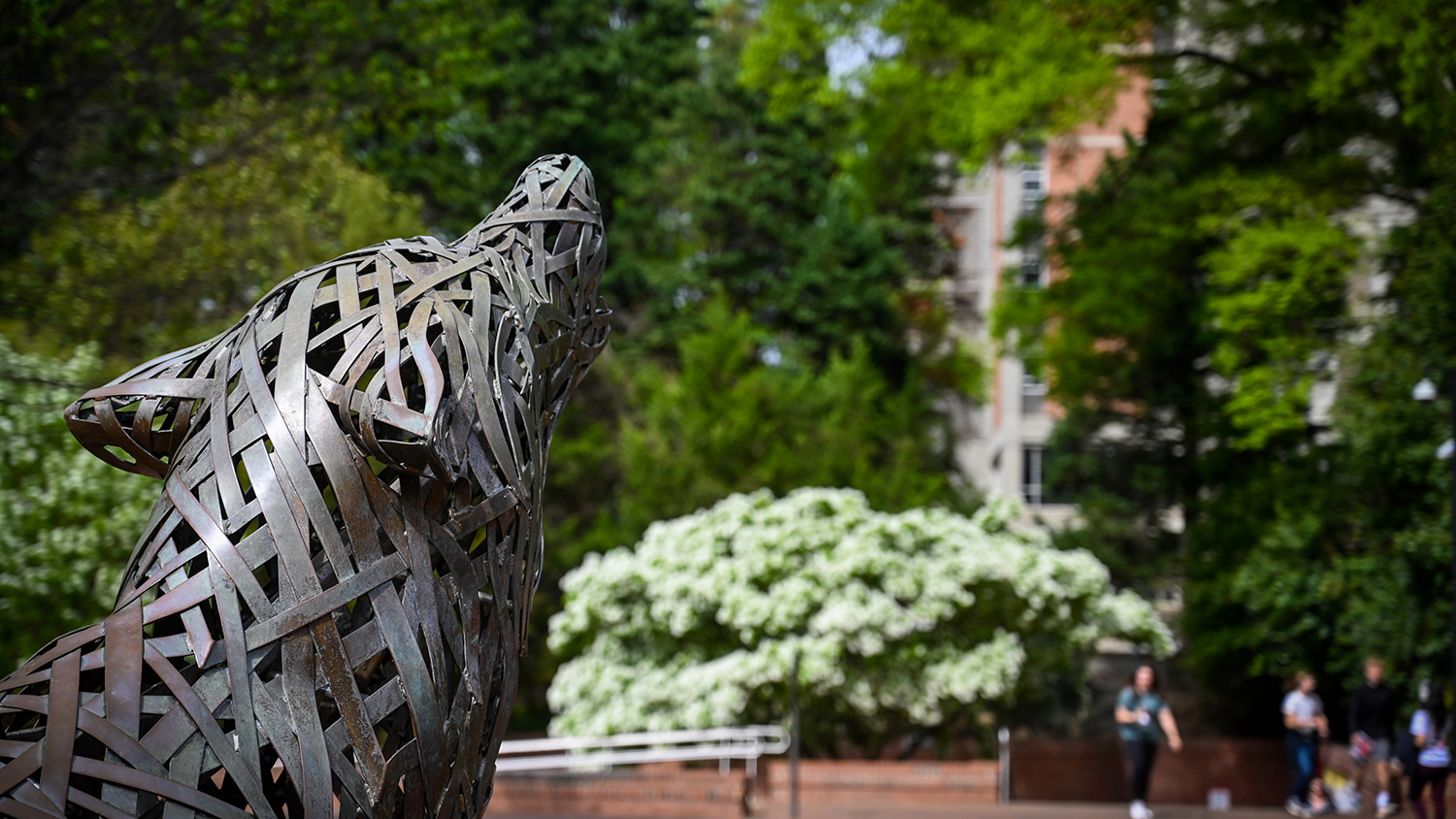Center for Human Health and the Environment Receives $7.6M Funding Renewal

NC State’s Center for Human Health and the Environment (CHHE) has been awarded a $7.6 million grant over five years to continue working to better understand environmental effects on human health. The grant was awarded by the National Institute for Environmental Health Sciences (NIEHS).
CHHE, one of about 25 NIEHS Environmental Health Sciences Core Centers in the U.S., brings together investigators from 13 departments and six colleges across NC State, as well as investigators from East Carolina University’s Brody School of Medicine, North Carolina Central University and the N.C. Department of Health and Human Services, to study how the environment affects health in communities. The center’s researchers come from many disciplines, including genomics, human and veterinary medicine, epidemiology, exposure science, statistics, bioinformatics, genetics, cell biology, physics, engineering, community engagement and toxicology.
CHHE’s mission is to understand how human health is impacted by environmental factors and implement this knowledge to reduce the adverse impacts of environmental factors on human health. Among their other work, CHHE members have conducted community studies in Wilmington and Fayetteville to better understand the human health effects of PFAS chemicals like GenX that were released into the Cape Fear River. NC State recently received a five-year, $7.4 million NIEHS grant to establish a center that will work closely with CHHE to study the environmental and human health effects of this class of chemicals.
“We’re excited to be able to continue our important interdisciplinary environmental health work to improve human health locally, nationally and globally ,” said Rob Smart, Goodnight Distinguished Chair in Molecular Toxicology in the Department of Biological Sciences and CHHE’s founding and current director.
In addition to research, the center is working with North Carolina communities on environmental health issues and offering educational programming for the community. The center received initial NIEHS funding of $6.5 million in 2015 after being founded in 2011. By: Christy Sadler
- Categories:


